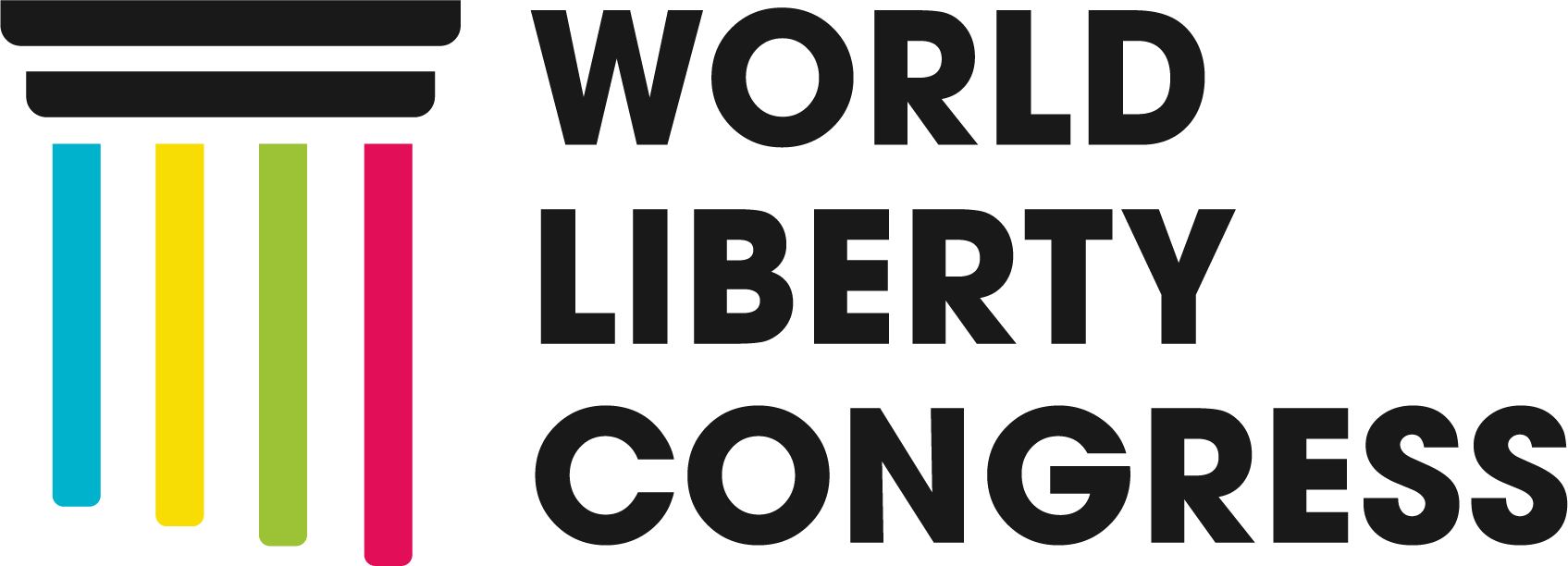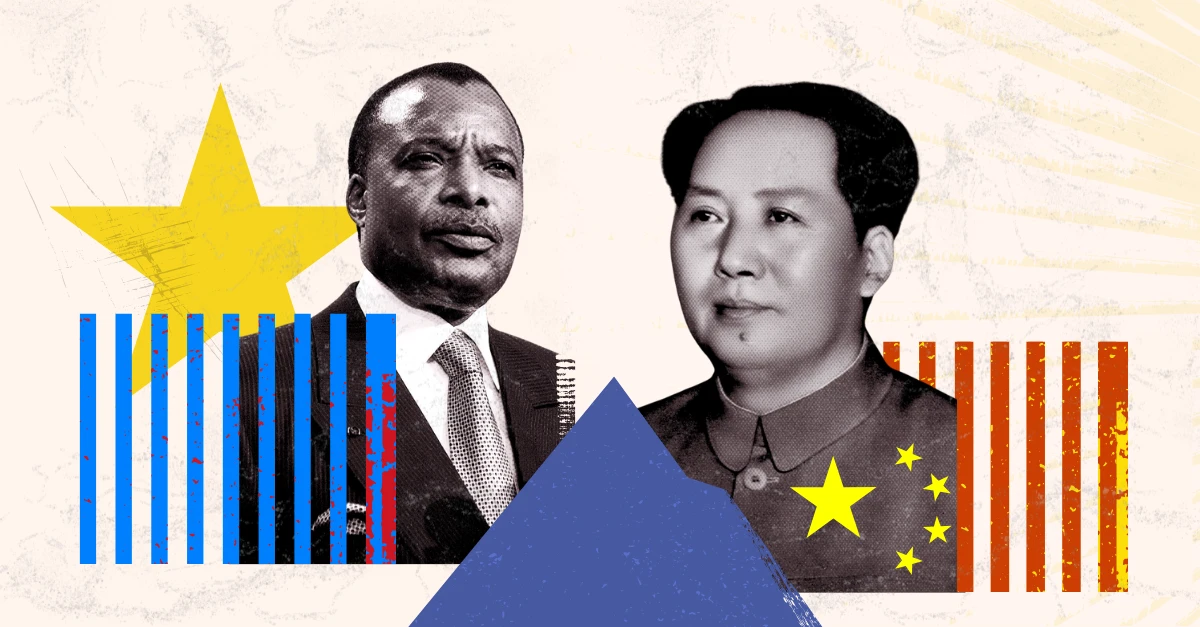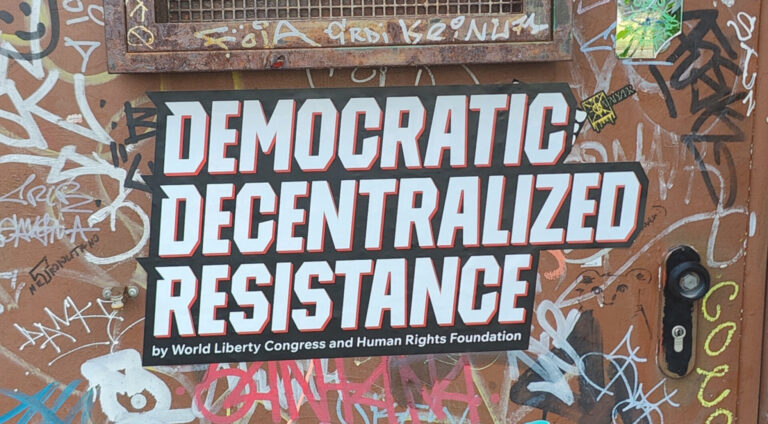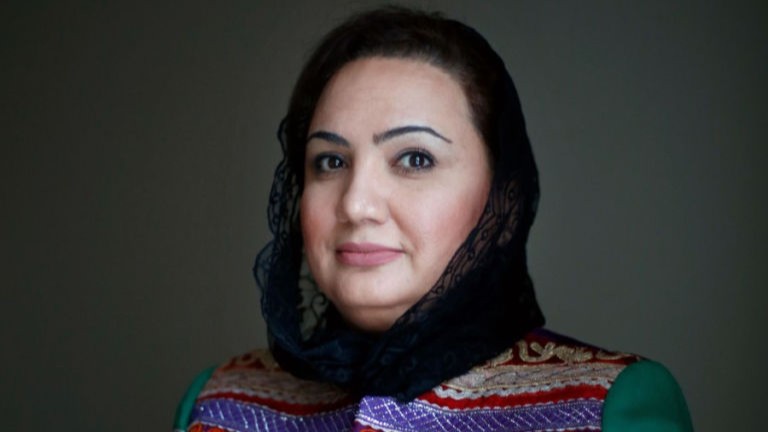by Andrea Ngombet, WLC member. (Source: The Republic)
As new co-chair of the Forum on China–Africa Cooperation (FOCAC) until 2027, what does the relationship between the Republic of Congo (or Congo-Brazzaville) and China illuminate about global economic interests, political alignments and geostrategy?
Congo-Brazzaville (also known as the Republic of Congo) shares an intricate history of engagement with China, spanning nearly a century and marked by colonial-era interactions, ideological alignments and pragmatic partnerships. The Central African nation of approximately 5.8 million people stands in stark contrast to China’s 1.4 billion population. With a landmass of 342,000 square kilometres, Congo-Brazzaville is dwarfed by China’s vast 9.6 million-square-kilometre expanse. The country is also often overlooked next to its larger neighbour, the Democratic Republic of Congo (DRC), which tends to capture greater scholarly and media attention due to its considerable mineral wealth and incessant turmoil—most recently having escalated in January 2025 with the Rwanda-backed M23’s occupation of Goma.
Yet, Congo-Brazzaville plays an understated but pivotal global role. While the nation maintains strong ties with the West today—and in particular its former colonial power, France, through major oil companies like Total Energies—China has challenged this by positioning itself as an increasingly central alternative partner. Unlike the DRC, which has maintained stronger ties with Western nations since the Cold War era, Congo-Brazzaville has been at the forefront of global revolutions, including through its proactive role in propelling the independence of Angola, Guinea-Bissau, Mozambique, Namibia, and the end of apartheid in South Africa. Congo-Brazzaville’s economy is heavily reliant on oil exports, and its geostrategic position on the Gulf of Guinea endows it with notable maritime significance in regional security and trade. With an oil production of 339,000 barrels per day in 2019, Congo-Brazzaville stands out as a key member of OPEC(Organization of the Petroleum Exporting Countries); it is the second-largest oil producer in the Economic Community of Central African States (ECCAS) after Angola and the sixth largest oil producer in Africa behind Algeria, Nigeria, Angola, Libya and Egypt.
In 2024, Congo-Brazzaville took over from Senegal as the Forum on China–Africa Cooperation (FOCAC) co-chair until 2027, making it the fifth African co-chair since Ethiopia’s inaugural position. This juncture signifies an important opportunity for Congo-Brazzaville to shape the direction of the critical Africa–China relationship.
The China–Congo-Brazzaville relationship began in the 1920s during the era of French Equatorial Africa. This early encounter, though brief and fraught with challenges, laid the groundwork for future interactions and left an indelible mark on the Congolese collective memory. Upon arrival to Pointe-Noire, the Chinese workers—including former officers, soldiers and intellectuals hailing from Vietnam, the French colonies of Kouang-Tcheou-Wan and Hong Kong—began looting the city and mistreating local colonial authorities. Their presence and behaviour, which were tolerated by the colonial authorities, left a significant mark on the local Congolese population—as the same actions, if carried out by Congolese locals, would have inevitably bred severe mistreatment or even death. Only three Chinese workers reportedly remained in the colony, although their names remain unrecorded in French colonial archives.
It is no surprise then that Julien Boukambou, a former worker in CFCO (Chemin de fer Congo-Océan) construction, became a central figure in the Congolese revolution. As a leader of the CGTA (Confédération Générale des Travailleurs Africains) union, he played a crucial role in the ‘Three Glorious Days’ revolution of 13–15 August 1963 that overthrew President Fulbert Youlou. The CGTA was a trade union federation in French West Africa advocating for workers’ rights and independence. Sékou Touré, who would become the first president of Guinea in 1958, was a key leader who used the CGTA to mobilize labour movements against colonial rule. In July 1958, Boukambou received invitations to communist gatherings—like the World Festival of Youth and Students—from both Soviet and Chinese trade unions, suggesting a connection to communist countries that potentially influenced the direction of the 1963 Congolese revolution.
However, Boukambou’s grandson, whom I interviewed, refuted that his grandfather had met with the Chinese workers engaged in CFCO construction. Another character, Dr Abdoulaye Yérodia Ndombasi, appeared as the master thinker through whom Maoism spread throughout Congo-Brazzaville. Born to a Senegalese father who worked at the CFCO railways and a Congolese mother from Kinshasa, Dr Ndombasi was both a companion of the famous Argentine revolutionary, Ernesto Che Guevara, and a friend of the Chinese prime minister, Zhou Enlai.
Three prominent Marxist circles defined revolutionary Brazzaville: that of Yerodia at Mombouno, the so-called Mpila group and the CGTA trade union centre. Three ideologues also stood out: Abdoulaye Yérodia Ndombasi, Pascal Lissouba (who became president from 1992 to 1997) and Ambroise Noumazalaye. The Mpila Group would routinely meet at the headquarters of the Compagnie Horlogère du Congo (called Montre CHOC), owned by the industrialist, Antoine Maboungou-Mbimba. In 1964, following the revolution, Maboungou-Mbimba became president of the new regime’s Economic, Social and Environmental Council (ESEC). All these factions discussed comprised what could be considered the nervous system of the Congolese proletarian revolution. Rémy Bazenguissa-Ganga, a French–Congolese sociologist and political analyst, in his book, The Ways of Politics in Congo-Brazzaville: An Essay in Historical Sociology, autopsied the factions within the Mpila Group as follows:
This group created in 1963 met at its founder [sic] Maboungou-Mbimba, someone close to Massamba-Débat. The group comprised sixteen members divided into three tendencies: that of Massamba-Débat (the Bantu socialists), that of Lissouba (the scientific socialists) and that of Noumazalaye and Ndalla Graille or ‘Toulouse group’ (of Maoist and Soviet tendency).
The true turning point came after Congo-Brazzaville’s independence, under the leadership of President Alphonse Massamba-Débat, which involved severing ties with Taiwan. This decision positioned Congo-Brazzaville as one of the first African states to align with Maoist China’s revolutionary ideals. Gaining control of Formosa, the island controlled by the nationalist rival, General Tchang Kaï-chek, was of existential importance for Chairman Mao Zedong. Aside from a military takeover attempt, like the daily ritual bombing of the Taiwan islands of Kinmen and Matsu, containment diplomacy was deployed to sideline the Rebel Island in all the relevant international organizations like the United Nations. Having African countries like Congo-Brazzaville and others recognizing the One China policy was a key component of the Chairman’s anti-Taiwan strategy.
MILITARY AND IDEOLOGICAL ALIGNMENT
The 1960s saw the Congo-Brazzaville–China relationship adopt a distinctly militarized character. China’s military engagement with the country has on the whole remained a constant, if understated, feature of the relationship. From training Congolese militias in the 1960s to its more recent role in United Nations peacekeeping missions, China’s military presence has evolved alongside its economic interests.
In the 1960s, Chinese advisors were dispatched to train Congolese militias, modelling them after Mao’s Red Guards. Key figures like Colonel Kan Maï, who headed the Chinese secret service station in Congo-Brazzaville, played pivotal roles in shaping this military cooperation. This period also witnessed the cultivation of personal ties between Congolese and Chinese leaders. A young Denis Sassou Nguesso, who would later become president, travelled to Beijing and met with Mao Zedong and Zhou Enlai, further cementing the bilateral relationship. The visit foreshadowed Nguesso’s rise as a central figure in sustaining this partnership. In 1969, China’s influence deepened through military aid, including a $25 million package of weapons and training, which bolstered Congo-Brazzaville’s revolutionary ambitions. Under President Marien Ngouabi, Maoist policies—including collectivism and political purges—defined Congo-Brazzaville’s governance. At the same time, Congolese diplomat Auxence Ickonga secured African support for China’s admission to the United Nations in 1971.
As China’s global military footprint grows—with speculations of a naval base in nearby Equatorial Guinea, albeit largely fuelled by US media—Congo-Brazzaville’s strategic importance is likely to increase. The dual-use nature of certain Chinese-funded infrastructure projects, such as ports and telecommunications systems, illustrates how economic initiatives can have significant military implications. A stronger military partnership with China offers Congo-Brazzaville a means of securing regime stability, but it also risks entangling the country in broader geopolitical conflicts. As Western powers react to China’s growing military presence globally, Congo-Brazzaville’s relationship with Beijing could become a liability, potentially drawing it in, as a Chinese vassal state, into a new East-West Cold War.
The question of whether Congo-Brazzaville’s deepening relationship with China constitutes a form of neo-colonialism is complex and contentious. On one hand, Congo-Brazzaville officials present the partnership as one of mutual respect and economic empowerment. On the other hand, imbalances in control—evident in the ownership structure of the Sino-Congolese Bank for Africa (Banque Sino-Congolaise pour l’Afrique; BSCA) and the terms of debt restructuring—paint a different picture. The opacity surrounding financial dealings and the growing influence of Chinese-backed projects in Congolese politics and elections suggest a dynamic where Congo-Brazzaville’s sovereignty is being quietly eroded.
While the rhetoric of ‘win-win cooperation’ is often employed, a closer examination reveals that the benefits are often unevenly distributed. For instance, Gabonese–Chinese tycoon Xu Gong De, heavily involved in illegal logging, exempted himself from paying corporate tax in Gabon and Congo-Brazzaville from 2013 to 2016, for an amount of $3 million to $6.7 million per year. Mr Xu was able to do so thanks to the collaboration of his uncle, Jean Ping; a half-Chinese Gabonese citizen, former head of the African Union Commission, minister and son-in-law of the late President Omar Bongo, who was himself the son-in-law of President Nguesso. Mr Xu was the former president of the Overseas Chinese Association in Gabon and served as assistant head of the World Wenzhou Clansmen’s Association in 2019. He was also an overseas member ‘specially assigned’ to the Central Committee of the Chinese Communist Party of the City of Wenzhou.
FROM INTERLOCKING IDEOLOGIES TO ECONOMIC DEPENDENCIES
As Cold War tensions began to wane, the ideological fervour that had characterized early Congo-Brazzaville–China relations gave way to a more pragmatic, economically focused partnership—a shift that aligned well with China’s growing global ambitions and Congo-Brazzaville’s pressing developmental needs. China’s Belt and Road Initiative emerged as a key driver of China’s new phase, framing infrastructural development as a strategic tool for expanding China’s influence in Africa. Congo-Brazzaville was eager to participate; the Belt and Road Initiative promised to address its infrastructure deficit while offering China increased access to resources and markets. The establishment of BSCA in 2015 stands as a testament to the evolving significance of Congo-Brazzaville–China relations. Hailed by Congolese officials as a masterstroke of financial strategy, the BSCA, effectively bypassing Western-controlled financial systems like SWIFT.
However, the bank’s ownership structure raises questions about the true nature of this partnership. The Agricultural Bank of China’s control of 50 per cent of the BSCA shares and the Congolese state’s holding of 12 per cent raises further concerns about sovereignty and financial independence. The opacity surrounding the Société de participation des actionnaires privés congolais, which owns 21 per cent of the bank, has additionally fuelled scepticism about the equitability of this arrangement. During a conference on 22 September 2023, Jean Baptiste Ondaye, Congo-Brazzaville’s Minister of Economy and Finance, exuded confidence, quoting President Nguesso’s 2014 proclamation to Xi Jinping. These words revealed the central vision: to make Congo-Brazzaville a springboard for the success of Tianxia天下—China’s global expansion.
To understand this strategic vision, one must reflect on the echoes of Chairman Mao’s sentiment: ‘If we can take the Congo, we can have all of Africa.’ Though in Julia Lovell’s book, Maoism: A Global History, it is unclear which Congo Mao Zedong referred to, the People’s Republic of Congo-Brazzaville—the first red republic in Africa to recognize China—seems fitting. In 1968, Congo-Brazzaville became the first People’s Republic in Africa.
CONGO-BRAZZAVILLE’S ROLE IN FOCAC: REGIONAL POWER BROKER OR TROJAN HORSE?
China’s investments in Congo-Brazzaville’s infrastructure have been substantial and visible. Roads, bridges, telecommunications networks and public buildings funded by Chinese loans have become fixtures in Congo-Brazzaville’s landscape. While these projects address critical developmental needs, they come with significant long-term costs. To illustrate, in 2002, the new headquarters of the Ministry of Foreign Affairs, a five-floor building for $18 million, came with a Chinese loan guaranteed by oil. More recently, in 2021, like in 1963 with the first parliament house, China offered a €50-million new parliament building.
The term ‘debt-trap diplomacy’ has frequently been applied to China’s approach in Africa, and Congo-Brazzaville’s experience provides a compelling example. The loans that finance these visible development projects often saddle Congo-Brazzaville with considerable debts, which are frequently renegotiated on . A stark example of this dynamic was seen in the 2019 debt restructuring deal. In exchange for more favourable loan terms, Congo-Brazzaville was required to offer diplomatic support for China’s controversial policies in Tibet, Xinjiang and the South China Sea. Such instances highlight the transactional nature of Congo-Brazzaville–China relations, where infrastructure becomes a tool for influence rather than an end in and of itself.
How can a country exercise its sovereignty when a foreign power donates its parliament, foreign affairs building and computer equipment? The banning of Lenovo by MI6, CIA, and other intelligence agencies over the fear of Chinese hacking, should have taught us better. Because of all of that and more, I would argue that Congo-Brazzaville is a de facto Chinese vassal state. As Congo-Brazzaville embarks on its co-chairmanship of FOCAC from 2024 to 2027, it finds itself at a critical juncture. This position offers Congo-Brazzaville the opportunity to shape the forum’s agenda and potentially influence the broader trajectory of Africa–China relations. Yet, the timing of this role—coinciding with Congo-Brazzaville’s 2026 presidential elections—raises questions about how domestic politics might influence diplomatic priorities.
Will President Nguesso, who celebrated the 46th anniversary of his initial accession to power on February 5th, 2025, and is now often referred to as the ‘Great Helmsman of the Nation’ drawing a parallel to his role model, Chairman Mao, use this platform to secure his political legacy or to smooth out the path for his son Denis Christel Sassou Nguesso’s succession? Given the trend of dynastic succession in Central African politics, these are pertinent questions. The electoral timing is no anomaly; similar patterns are emerging in Equatorial Guinea, where President Teodoro Obiang Nguema Mbasogo’s dynastic ambitions mirror Sassou’s. These dynamics reflect a broader ideological shift towards one-party rule and dynastic governance in Central Africa—a trend that mirrors the governance style championed China’s Communist Party.
Congo-Brazzaville’s influence on the FOCAC agenda could have far-reaching implications for regional economic and political norms. With the ECCAS region facing economic stagnation and governance challenges, Congo-Brazzaville’s position at the FOCAC table can be an opportunity to advocate for regional economic integration, enhanced infrastructure investment and capacity-building. However, Congo-Brazzaville’s track record suggests that such an opportunity will likely be leveraged more for elite entrenchment than for broad-based development.
A CROSSROADS FOR CONGO-BRAZZAVILLE, AFRICA AND THE WORLD
The Congo-Brazzaville–China relationship serves as a microcosm of Africa’s broader position in global geopolitics. As US influence wanes and China’s revisionist ambitions grow, African leaders arguably face a critical choice: defend the current imperfect but democratic rule-based world order or become active shapers of a new Sino-centric authoritarian world order—Tianxia 天下—the ‘celestial empire’ of global co-existence.
If following the first proposition, Africa needs to elevate its democratic standards and constraints to play ‘by the rule’. A useful parallel is the civil rights movement leader Martin Luther King who, rather than shredding the American Bill of Rights, worked until his assassination to extend its application to all American citizens regardless of the colour of their skin. In a macrocosmic view, with Asian democratic countries (Taiwan, Japan, South Korea, etc), Africa could spearhead a global movement for an alternative democratization of the current world order. This choice was the compass that Senegalese former president, Sedar Senghor, called the Rendez-vous du donner et du recevoir. In this global discussion, Africans can bring their values and traditions not to destroy but to enrich the democratic order. Traditional institutions like the mbongui or the palaver tree are African forms of consensual democracy tools that Central Africa can bring to the table. They are natural gathering spots for community discussions, storytelling, problem-solving and festivals. Nobel Peace Prize recipient Albert Camus strikingly expressed the imperative: ‘Each generation doubtless feels called upon to reform the world. Mine knows that it will not reform it, but its task is perhaps even greater. It consists in preventing the world from destroying itself.’
The big question of the twenty-first century for the Congo-Brazzaville and Africa is how to pursue modernity without risking Westernization or Sinicization—in light of China’s emphasis on ‘modernization’ in its 2024 FOCAC theme. Decentralized and structurally parliamentary, Congolese society would benefit rather from reconciling with its ethos of semi-direct democracy, the mbongui being at its core. Unfortunately, Congo-Brazzaville’s decision to centre its economy around the renminbi and its diplomatic alignment with China’s agenda suggest a leaning towards the latter—Sinicization and active shapers of a new Sino-centric world order—which would in effect undermine the current world order.
This choice has implications not just for Congo-Brazzaville but for the continent as a whole, potentially reshaping Africa’s role in the global political and economic landscape. The price to pay to shape a new world order with authoritarianism will likely be a Third World War; it’s the Thucydides Trap. Contrary to the revisionist consensus of powers such as China and Russia, as well as their cohorts including Congo-Brazzaville, no one can predict which side will prevail—nor if humankind will survive such an extinction-level event as a likely nuclear war.
As Congo-Brazzaville takes on a leadership role in the FOCAC, it will face challenges in defending African countries’ interests. It will likely push China’s vision for a renminbi-based African commodities market, which has been marketed as a win-win economic proposition—but is primarily a geopolitical strategy. As BSCA facilitates this shift, Africa’s role in the global de-dollarization movement will grow. China’s renminbi will also offer African leaders an alternative—one that aligns with the interests of ruling elites but not necessarily the broader African population. While China’s investments have brought tangible benefits in terms of infrastructure and economic growth, the long-term costs—financial, political, ecological and strategic—weigh heavily on Congo–Brazzaville’s future.
The Congo-Brazzaville–China story is far from stagnant. As this relationship continues to evolve, it will undoubtedly play a crucial role in shaping, for better or for the worse, not just Congo-Brazzaville’s future but also the future of Africa–China relations and the global balance of power.




